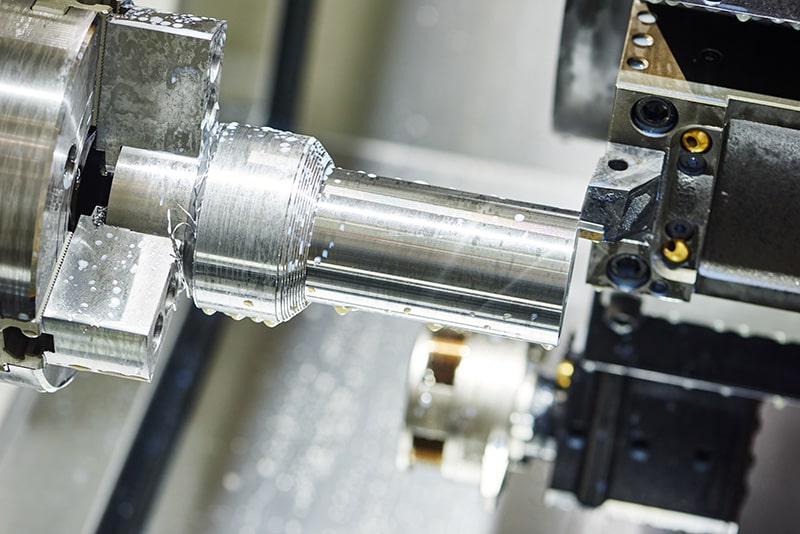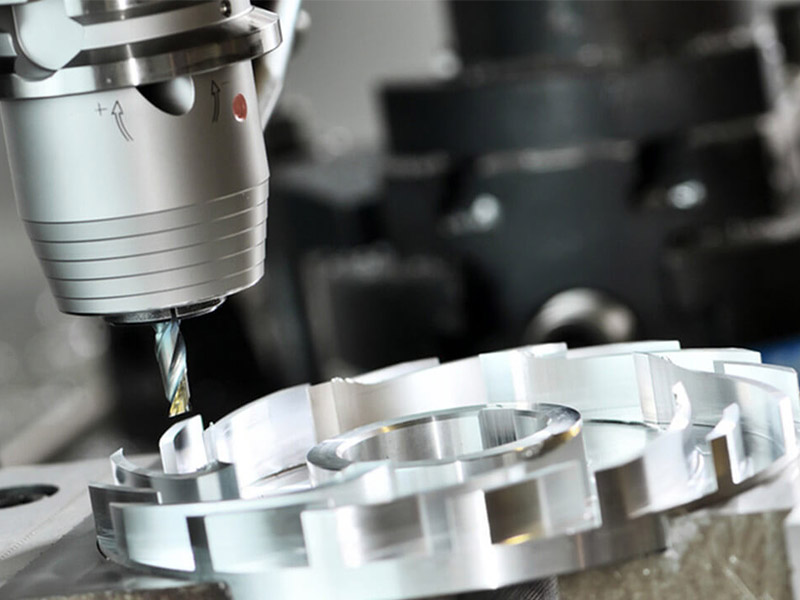CNC Machining: Reworking Trendy Manufacturing with Precision and Automation
CNC Machining: Reworking Trendy Manufacturing with Precision and Automation
Blog Article
CNC machine, which stands for Computer Numerical Control machining, has changed the face of manufacturing by bringing precision, efficiency, and automation into the process of production. It makes use of computers to shape, cut and make intricate pieces and components from materials such as metal, plastic, wood, as well as composites. By automating many of the processes that once required human intervention, CNC machining has significantly increased the precision and speed of manufacturing. It has made the technology indispensable to industries like automotive, aerospace, medical, and electronics. Incorporating computers into machines has provided opportunities for the creation of complex and accurate components. This has improved both the performance and capacity of manufacturing.
The core feature of CNC Machining is the capacity to convert digital designs to physical components. With the help of computer-aided designing (CAD) software designers and engineers create detailed 3D models of the intended part. The digital models are translated into precise instructions, or "G-code," which the CNC machine is able to follow in order to carry out processes like cutting or milling. Digital control provides the highest level of precision that manual milling cannot attain. It also means that when a plan is programed in the machine it is able to be reproduced with perfect consistency, producing similar parts in large numbers without needing manual adjustments. It is crucial to have this repeatability for industries where precision and consistent production are important.
Efficiency is another significant benefit that comes with CNC machining. Once the design is programed in the machine it is able to run in a controlled manner and perform multiple tasks without needing constant input from a human. This automation leads to faster production and better certainty in the high product quality. In addition, CNC machines can operate continuously, meaning that manufacturers are able to produce components around continuously, improving overall production. This is in contrast to traditional methods of machining, which require highly skilled workers to operate the machinery, CNC machining offers a considerable reduction in costs for labor and the potential for errors by humans, which makes an efficient solution to massive production.
A further benefit of CNC machining efficiency is that it's efficient. In automatizing the process of machining manufacturing companies can drastically cut down the time taken for the production of parts, leading to a faster cycle of production as well as reduced costs. Since CNC machines are able to operate all day long with no human oversight, they can increase output without sacrificing the quality. The level of automation reduces the chance of human error, ensuring that every part manufactured meets exactly the specifications specified within the electronic designs. Furthermore, CNC machining allows for "lights-out" manufacturing, where the machines can continue operating even when workers are gone to increase productivity, and cutting down on labor costs. To receive more details please see over here
CNC machines are also known as a versatile machine in terms of the materials it can use. It can handle everything from aluminum, steel, and titanium to plastics, wood, even the composites that CNC machinery use a variety of substances to create parts that can be used in a variety of applications. This versatility allows CNC machining suitable for a range of different industries which have their own unique specifications for materials. For instance, the medical sector typically requires components made from biocompatible materials like titanium, while the automotive sector uses durable metals like steel for engine components. Regardless of the material, CNC machines can deliver precise cuts and consistent outcomes, making sure that the final product is of the requirements for performance and longevity specifications.
The ecological impact of CNC manufacturing is another factor worth considering. Traditional manufacturing processes typically result in a substantial amount of waste, CNC machines are known for their material efficiency. In order to precisely cut and shape material, CNC machining minimizes waste which reduces the material cost and the environmental impact. In addition, automation in CNC machines can reduce the energy usage when compared with manual processes. The majority of the modern CNC machines are designed to be sustainable, making use of energy-efficient systems and motors for further reducing the carbon footprint of their machines. This is what makes CNC machineries an eco-friendly alternative for businesses looking for ways to decrease waste and conserving resources.